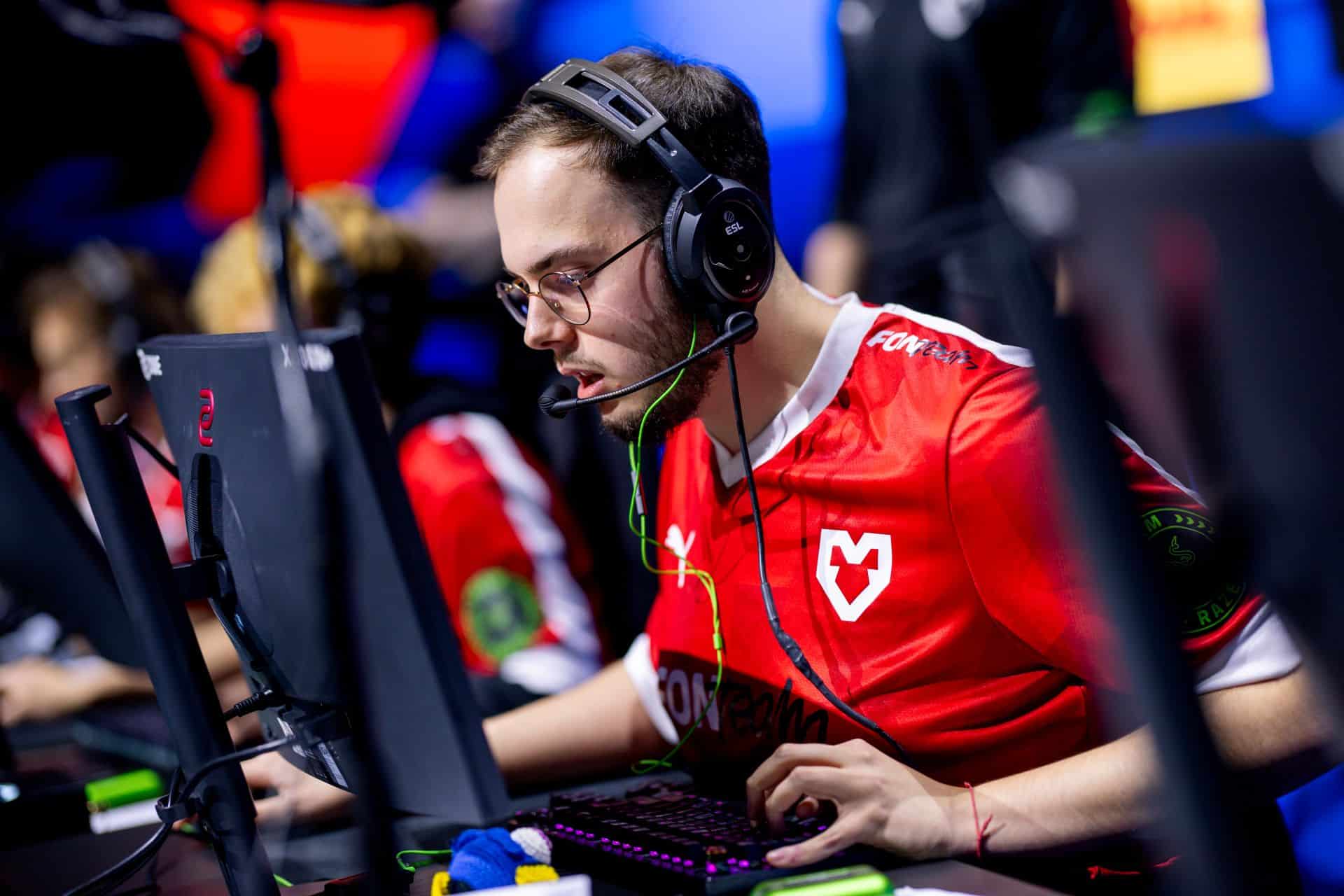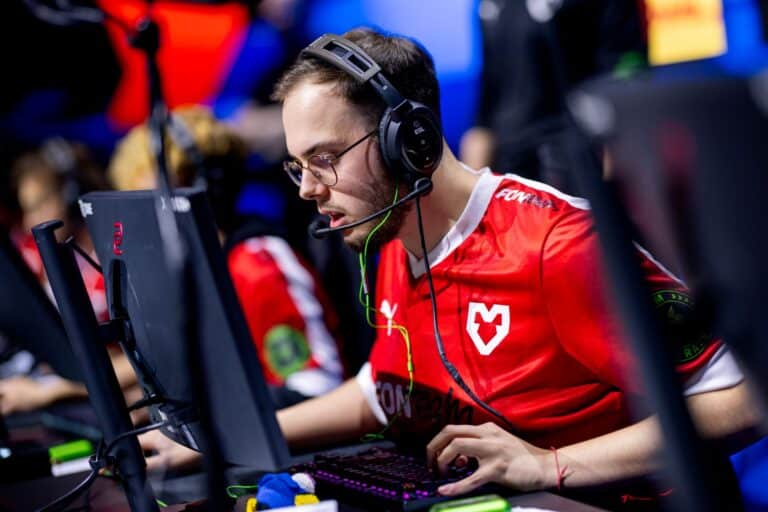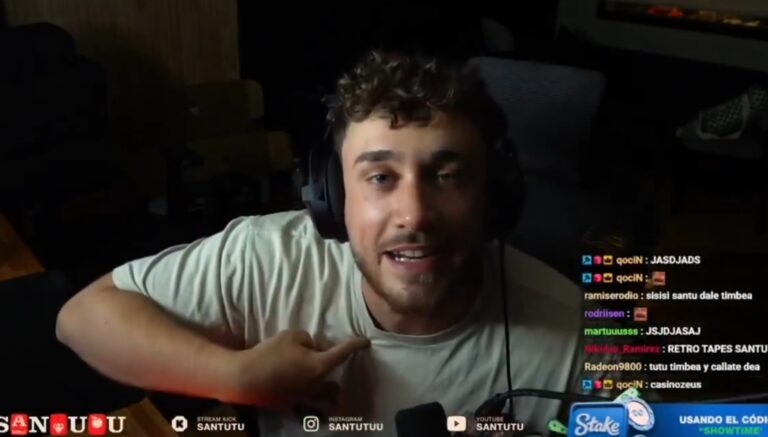Coping With Esports Injuries: Which Ones Can End Your Career?
Dom Sacco, Senior Editor
Last Updated: 21/06/2025
Ad
Through the ongoing development of video game technology, esports have created multiple career options (and income streams) that accommodate people from different backgrounds, education levels, and experiences. It’s an exciting industry, and having a passion for esports can certainly be very rewarding. Esports is a growing field with tremendous potential, so there can be numerous start-ups and companies with entry-level positions. Success in esports requires dedication and hard work – it’s not about spending your whole day lounging in bed and playing games. Esports can be taxing both physically and mentally.
Thomas “ZooMaa” Paparatto retired at the age of 25 because of lingering injuries, taking a step back from the competitive Call of Duty. Professional gamers train or compete for more than ten hours a day, so the physical and mental strain can result in health issues. Esports is often regarded as a game/a simulation of fantasy, so it doesn’t classify as a sport in some countries. Even so, gamers perform micromovements, and the repetitive nature can increase the risk of an injury. Without preventative measures, playing esports can destroy parts of the body, with wrist injuries being a common one. Let’s not forget about in-game pressure and sleep quality, which can lead to anxiety and depression.
If you’re a professional gamer, an injury can be devastating and life-altering. In some cases, it can mark the end of your career. Whether you’re a professional or an amateur, you may be at risk for the following injuries:
Eye Strain and Fatigue
Excessive screen time leads to digital eye strain and an increased risk of myopia. Symptoms include but aren’t limited to discomfort, fatigue, blurry vision, dry eye, and headaches. Esports is visually demanding, which is why it’s paramount to take precautions like creating an automatic pause and using artificial tears or lubricating eye drops. Graphics play an important role in enhancing the immersive experience for players, so game developers tend to push the boundaries. Eye strain doesn’t have severe or long-term consequences, but it can make you feel tired and reduce your ability to concentrate.
Lower Back Pain
Most esports players have lower back pain caused by sitting for long periods of time. Sitting in a slouched or hunched position can put pressure on the spinal ligaments and stress the spinal discs. It’s much like overstretching a rubber band to the point that it loses its elasticity. Lower back pain is a complicated illness that can lead to an altered range of motion. Human anatomy isn’t meant to be seated in a chair all day. Some health experts have compared long periods of sitting to smoking. So it’s a good idea to invest in an ergonomic chair that provides adequate lumbar support to reduce the risk of lower back pain. Also, it would help if you maintained a good posture and avoided sitting with your legs crossed.
Tension-Type Headaches
Tension-type headaches don’t cause nausea, vomiting, or sensitivity to light, but they do cause a steady ache. You’re able to continue doing daily activities without making the headache worse. As a rule, tension develops in the muscles of the upper back and neck if the posture is poor. Your head is leaning forward or tilted backwards to view the screen, which can cause significant fatigue. Identify the moments in your game when there isn’t a lot of action – you can use them as a trigger to check your posture. For example, you can make a habit of checking your posture every time you see the screen results.
Gamer’s Thumb
Chances are you’ve heard about gamer’s thumb before. It has many nicknames, such as Nintendo’s thumb, PlayStation thumb, and Nintendonitis. Pain is caused by the inflammation and irritation of the tendons around the base of the thumb, running up to the wrist and forearm. Playing video games in a highly competitive environment might not seem like much of a workout, but it can cause more harm to the body than you think. If you go too long without rest and recovery from gamer’s thumb, the damage can be permanent and lead to losing your ability to grip.
Playing esports full-time and competing in tournaments to win prizes can cause injuries to the nerves in the hands typically associated with the use of machinery in the workplace. In the workplace, employees undertake tasks that are repetitive or involve awkward postures. The legal landscape surrounding esports is complex and challenging, with many considerations involved. in cases where negligence can be established, a personal injury lawsuit can be filed to recover the costs of medical treatment. For legal advice, please reach out to Personal Injury Claims UK (https://www.personalinjuryclaimsuk.org.uk/). Lawsuits used to be associated with one-time accidents, but players are increasingly suing because of cumulative trauma disorders.
Deep Vein Thrombosis
When a blood clot forms in one or more of the veins in the body, usually the legs, you experience pain and inflammation. Historically, it’s been known as a condition of older people, but the definition is changing to include the younger population. Deep vein thrombosis is caused by the lack of movement during sessions of gaming and streaming. Exercise is critical because it helps circulation and eases symptoms, so professional players should walk, hike, swim, or job. The clot can eventually break away and travel to the lungs: it’s what doctors call a pulmonary embolism.
Sleep Problems, Stress, And Burnout
Many esports players suffer from stress due to the nature of their activity – they practise for long hours, have very high expectations, participate in intense tournament matches, and face constant scrutiny. No wonder they have trouble sleeping at night. As an “athlete”, you engage in the visual reconstruction of physical sports, but that doesn’t mean the virtual world doesn’t have an impact on your body. Prolonging wake time can lead to insomnia, which in turn leads to increased chances of depression and mood disorders. Esports players have reported experiencing various stressors, and long-term stress can lead to burnout.
Final Thoughts
Esports organisations should take steps to mitigate these injuries and prolong the careers of their players. It’s the future, but it requires an investment. Ultimately, it’s up to you to take responsibility for your own well-being.
Explore Our Trusted Gaming Resources
Discover essential guides to UK casino sites, betting platforms, and crypto casinos — updated for this year.
- Top Online Casinos UK 2026
- Best Bookmakers 2026
- UK Casino Sites Fast Withdrawal
- Non Gamstop Casinos UK
- No ID Verification Casino Sites
Dom Sacco, Senior Editor
Dom is an award-winning writer and finalist of the Esports Journalist of the Year 2023 award. He has almost two decades of experience in journalism, and left Esports News UK in June 2025. As a long-time gamer having first picked up the NES controller in the late '80s, he has written for a range of publications including GamesTM, Nintendo Official Magazine, industry publication MCV and others. He also previously worked as head of content for the British Esports Federation.
Stay Updated with the Latest News
Get the most important stories delivered straight to your Google News feed — timely and reliable





From breaking news and in-depth match analysis to exclusive interviews and behind-the-scenes content, we bring you the stories that shape the esports scene.
Monthly Visitors
User Satisfaction
Years experience











